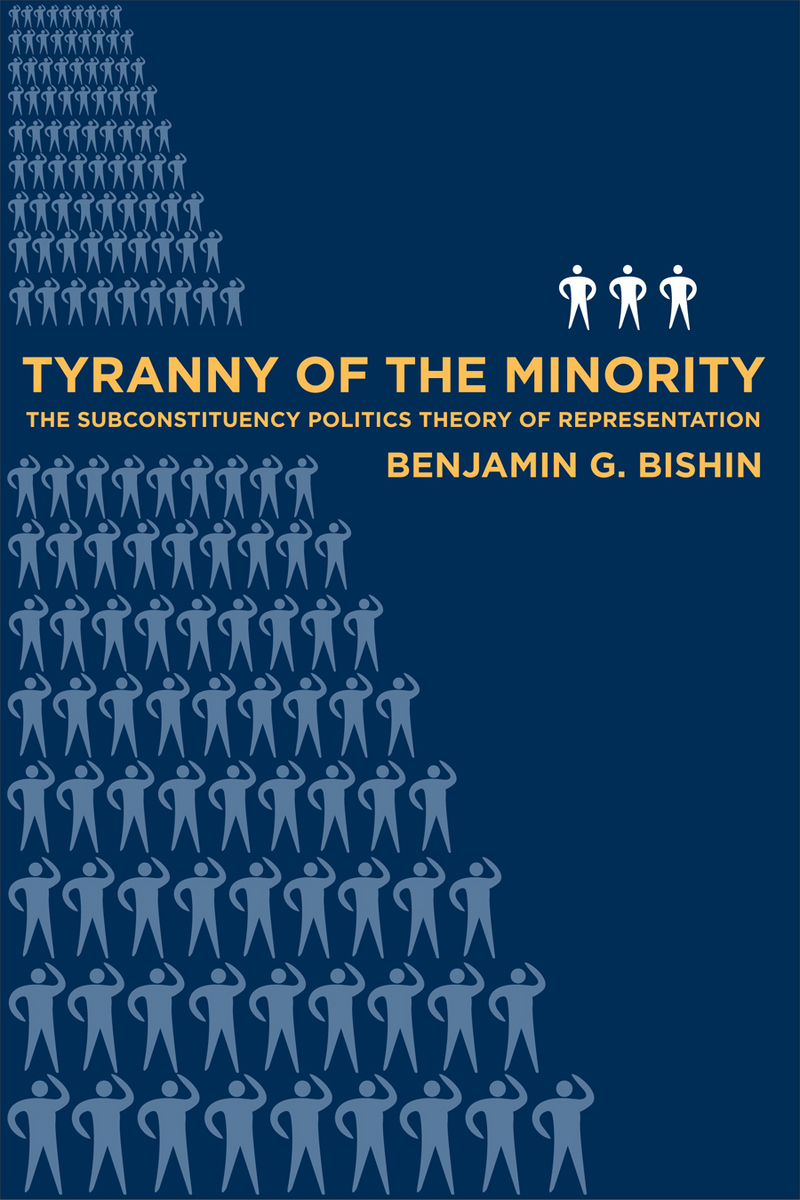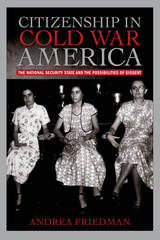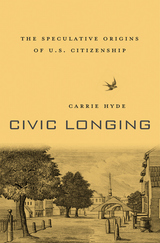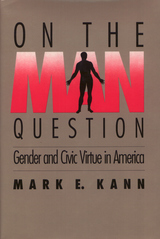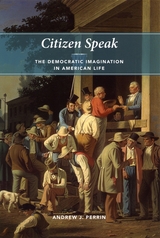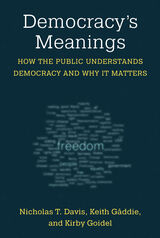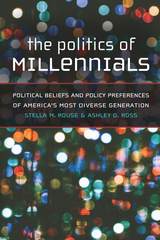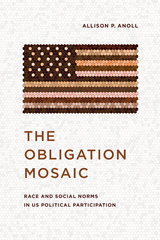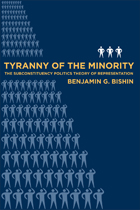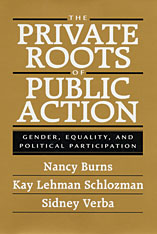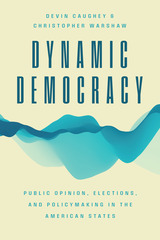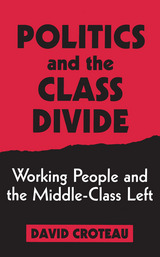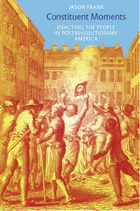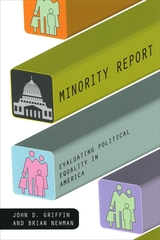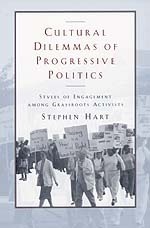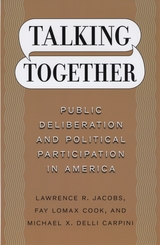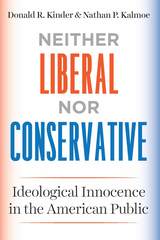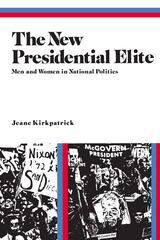Paper: 978-1-59213-659-9 | eISBN: 978-1-59213-660-5 | Cloth: 978-1-59213-658-2
Library of Congress Classification JK1764.B52 2009
Dewey Decimal Classification 320.973
Why do politicians frequently heed the preferences of small groups of citizens over those of the majority? Breaking new theoretical ground, Benjamin Bishin explains how the desires of small groups, which he calls “subconstituencies,” often trump the preferences of much larger groups.
Demonstrating the wide applicability of his “unified theory of representation,” Bishin traces politicians' behavior in connection with a wide range of issues, including the Cuban trade embargo, the extension of hate-crimes legislation to protect gay men and lesbians, the renewal of the assault-weapons ban, and abortion politics. In the process, he offers a unique explanation of when, why, and how special interests dominate American national politics.
See other books on: Campaigns & Elections | Legislative Branch | Minorities | Political participation | Representative government and representation
See other titles from Temple University Press
